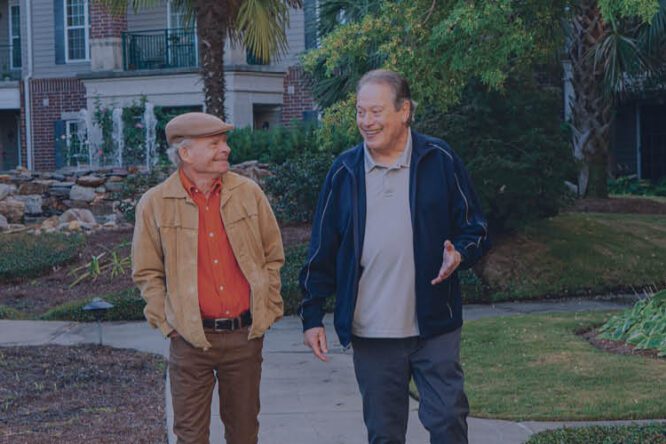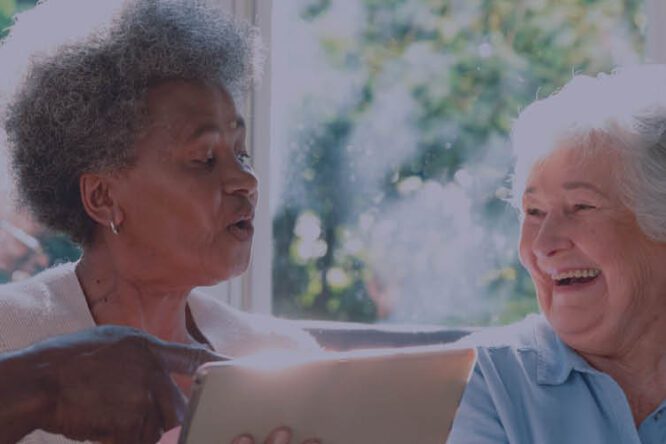This week’s Sales and Marketing Roundtable marked a milestone—our 275th session—and we were joined by Jennifer Smith from Mather Institute for an inspiring deep dive into the Age Well Study.
This groundbreaking, five-year research project explored how living in a Life Plan Community influences health, happiness, and overall wellness compared to older adults living independently. With participation from more than 8,000 residents across 122 communities, the study offers one of the most comprehensive looks yet at the benefits of community living. Below are a few Fresh Perspectives from her discussion.
SOCIAL AND INTELLECTUAL ENGAGEMENT
Residents in Life Plan Communities experienced increased social interactions and higher engagement in intellectual activities, unlike the broader community. This reflects the rich program offerings and resources available, fostering deeper relationships and continuous learning.
EMOTIONAL WELLNESS
Despite a slight tendency for residents’ emotional wellness scores to decline, they generally remained higher or similar to those of the broader community. Enhancing emotional wellness programs to address life challenges and transitions could further build on this advantage.
PERCEPTION OF BENEFITS
When asked to reflect on how moving into a Life Plan Community affected their wellness, over two-thirds of respondents indicated their social wellness improved and more than one-half experienced benefits to their physical and intellectual wellness.. This highlights the communities’ strength in supporting resident well-being.
TAILORED WELLNESS PROGRAMS
The Person-Centric Wellness Model, emphasizing choice, growth, and community support, suggests that personalized wellness offerings can effectively enhance residents’ motivation and engagement in healthy behaviors.
COMMUNITY COMPARISONS
Efforts were made to make the resident and community-at-large groups comparable on age, gender, income, and race/ethnicity, yet there still may be pre-existing differences between groups that may influence wellness outcomes.
AGE PERCEPTION AND TRAINING
Promoting positive views of aging is important to the wellness of older adults. Employee training to reduce subtle forms of “everyday ageism” in language and actions may increase awareness and change behaviors.
Varsity’s Roundtable is a weekly virtual gathering of senior living marketers and leaders from across the nation. For updates about future weekly Roundtable gatherings, submit your name and email address here.



